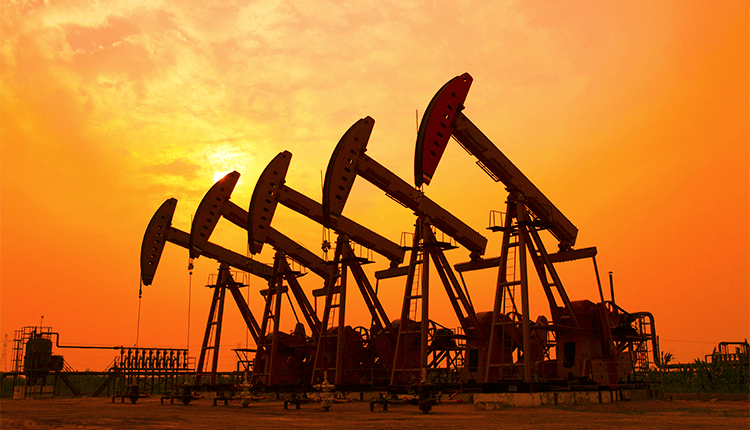The oil producer group OPEC has been thrown into crisis, with bitter infighting between Saudi Arabia and the United Arab Emirates raising concerns about the energy alliance’s future. OPEC and non-OPEC partners, a group of some of the world’s most influential oil producers, canceled plans to reconvene on Monday after last week’s meetings unexpectedly failed to broker an agreement on oil production policy. The group did not set a new date for the talks to resume.
It means that no agreement has been reached on a potential increase in crude production beyond the end of July, leaving oil markets in limbo as global fuel demand recovers from the ongoing coronavirus pandemic. According to Croft, the UAE and Saudi Arabia dispute appeared to be about more than just oil policy. Abu Dhabi was seemingly intent on stepping outside Saudi Arabia’s shadow and charting its course in global affairs.
When the coronavirus pandemic coincided with a historic fuel demand shock, OPEC+, which Middle Eastern crude producers dominate, agreed to implement massive crude production cuts in 2020 to support oil prices.
Rejected plans
The upheaval comes after OPEC+ voted on Friday on a proposal to increase oil production by roughly 2 million barrels per day between August and the end of the year in monthly installments of 400,000 barrels per day. It also proposed that the remaining output cuts extend until the end of 2022. However, the UAE rejected the plans, which want a higher baseline for its quota to allow for domestic production. The rare public standoff between the UAE and Saudi Arabia saw both countries’ energy ministers go on a media blitz over the weekend to outline their respective positions.
Separately, a White House spokesperson reportedly stated on Monday that President Joe Biden’s administration is attempting to find a “compromise solution.” The United States is not a member of OPEC (the Organization of Petroleum Exporting Countries). Still, it has been closely monitoring the latest round of talks due to the potential impact on crude markets in the coming year.
Oil prices a high level
Oil prices rose to their highest level in nearly three years as a result of the news. On Tuesday morning, international benchmark Brent crude futures were trading at $77.34 per barrel, up 0.2 % for the session, while US West Texas Intermediate futures were trading at $76.36, up 1.6 %. Oil prices rose more than 45 % in the first half of the year, aided by the introduction of Covid-19 vaccines, a gradual relaxation of lockdown measures, and massive production cuts from OPEC+.
According to Samuel Burman, assistant commodities economist at Capital Economics, OPEC producers are likely to increase oil production above quota next month as member countries “seek to capitalize” on higher oil prices.
Aside from the schism between the UAE and Saudi Arabia, he believes Abu Dhabi is “somewhat irritated” that Russia has not met OPEC’s production quotas.












